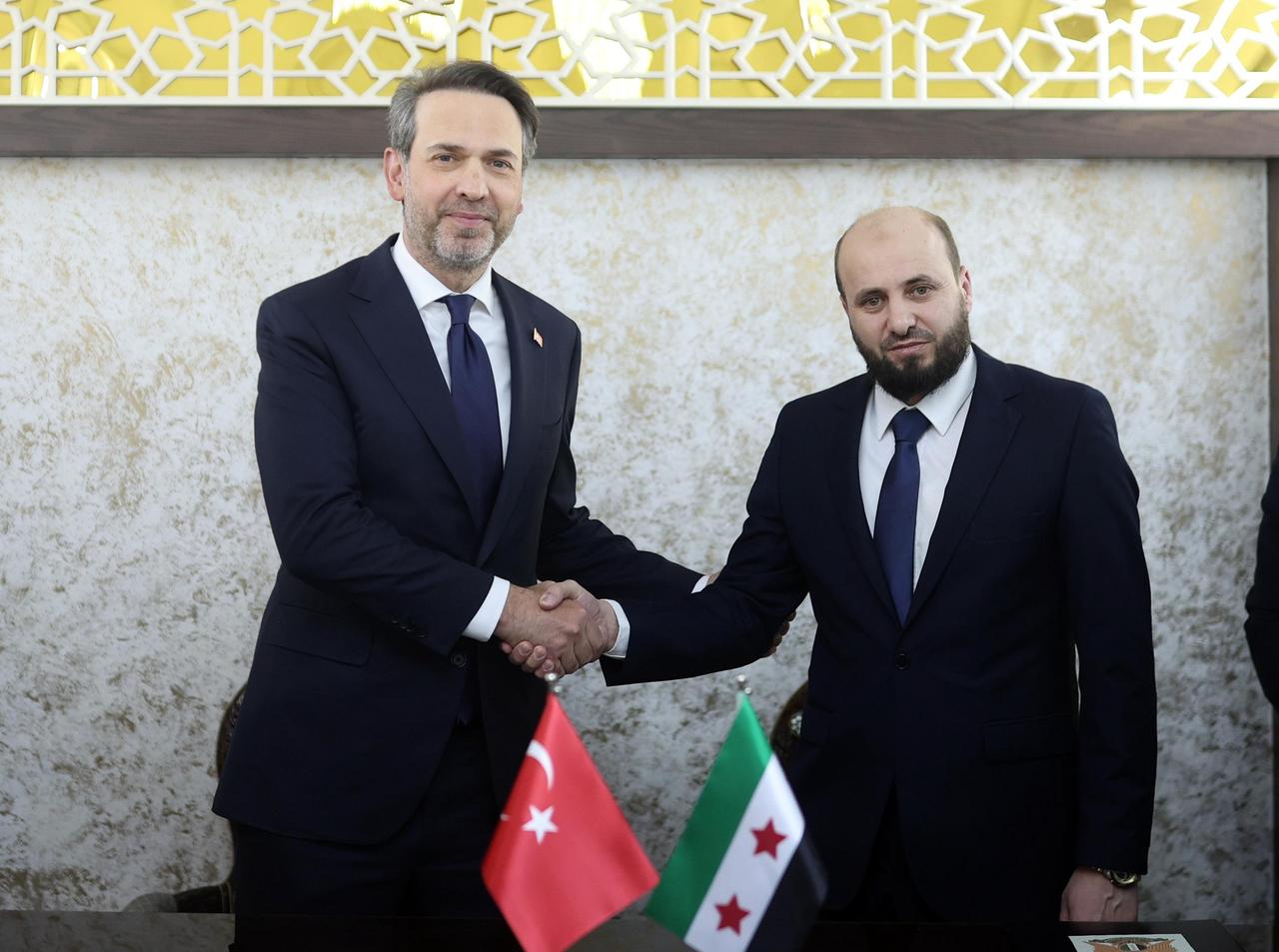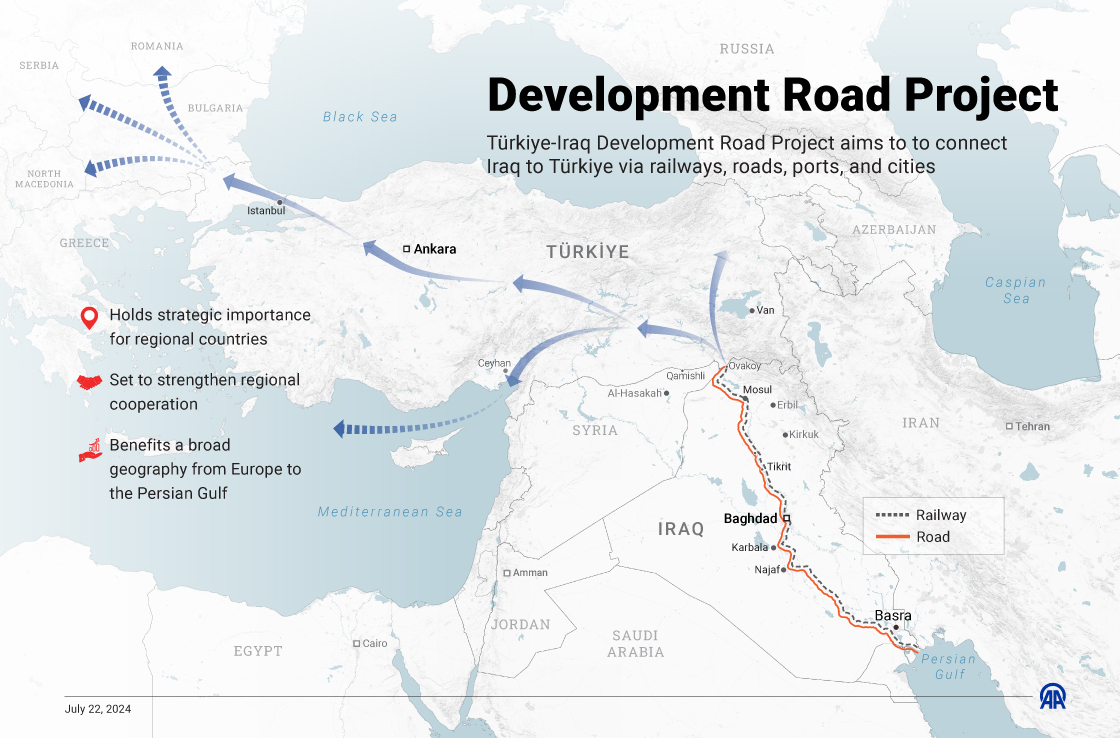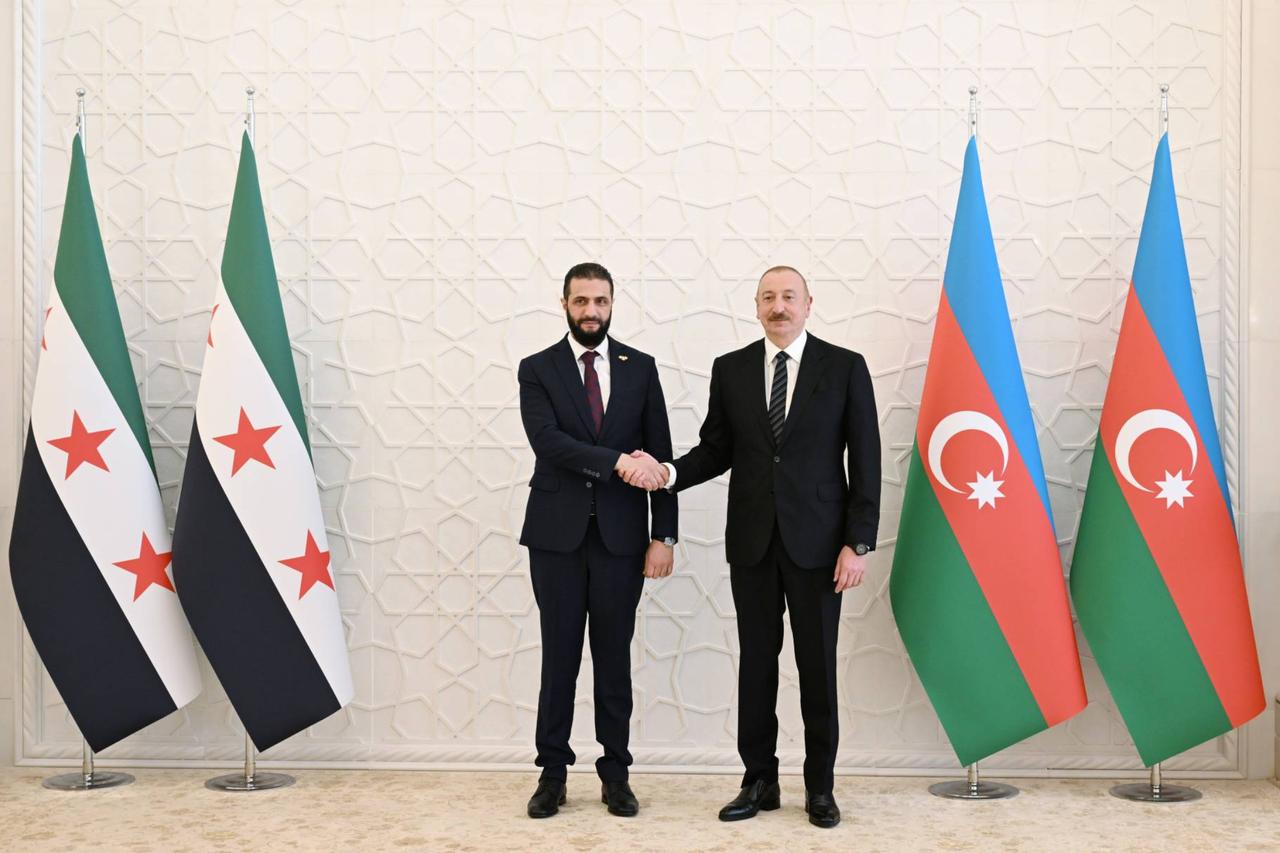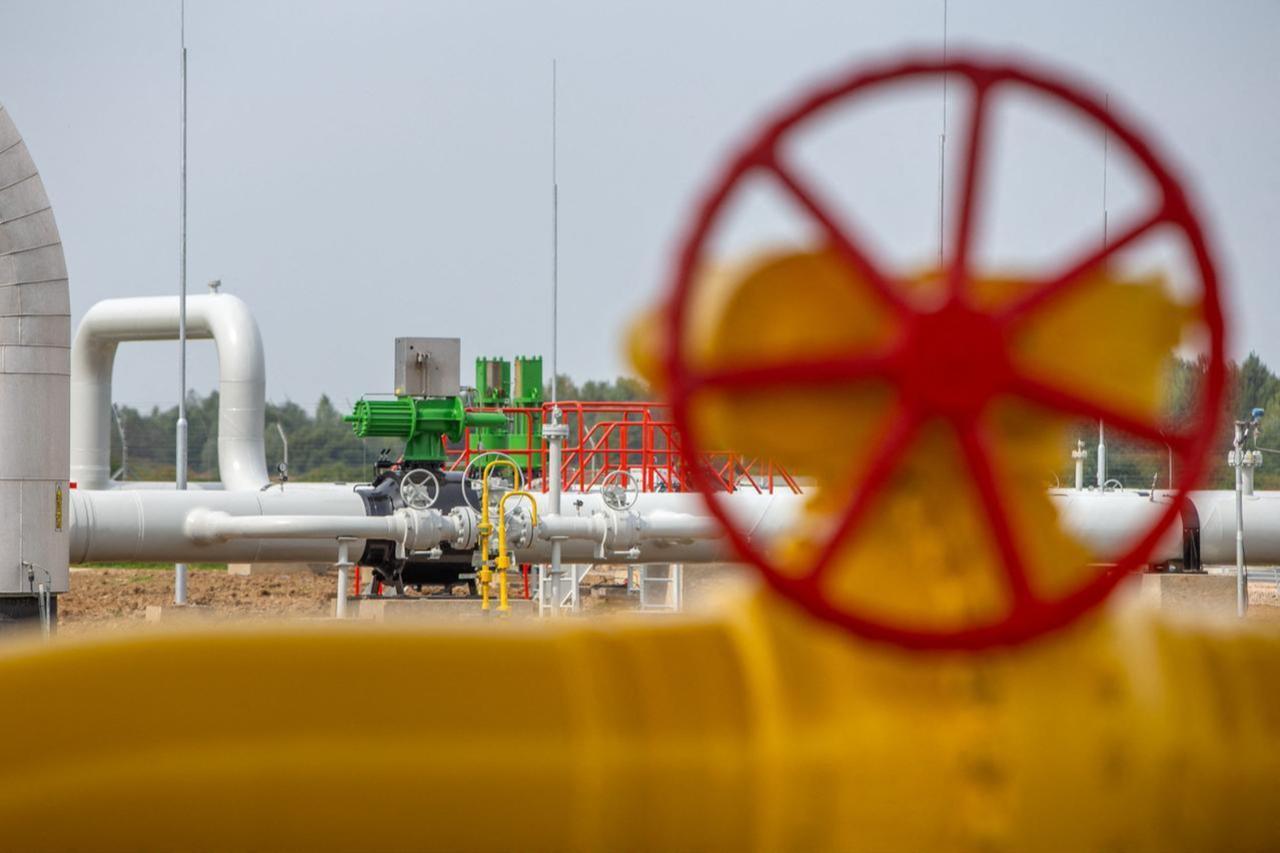
Syria’s long-standing energy crisis is seeing its first serious reprieve in years, as natural gas begins flowing into the war-torn country through a new corridor linking Azerbaijan, Türkiye and northern Syria.
The pipeline, routed through Türkiye’s Kilis province into Aleppo, is part of a trilateral effort involving Türkiye, Azerbaijan and Qatar.
For the first time in over a decade, Aleppo, once Syria’s industrial heart, has access to cleaner and more reliable power, replacing widespread reliance on diesel generators that dominate everyday life in cities where electricity is often available for only a few hours per day.
More than just a humanitarian contribution, the gas flow signals Türkiye’s attempt to embed Syria into a broader regional infrastructure vision, one that includes Azerbaijan’s growing role and redefines Middle East connectivity through Ankara’s Development Road initiative.

What is it for Syria
Aleppo’s importance is not just symbolic. Its energy needs are tied directly to Syria’s stalled recovery. Limited public power has crippled local industry, public services, and daily life. Restoring gas-powered electricity to the region is expected to benefit hospitals, water infrastructure, schools, and small businesses.
While the volume of supply remains limited, Turkish officials are framing the gas corridor as a first step toward broader economic reintegration, with Aleppo serving as a pilot zone.
Logic behind investing political capital in Syrian infrastructure for Ankara
As the deal’s key broker, facilitating gas delivery from Azerbaijan and drawing Qatar into the fold, Ankara is positioning itself at the center of Syria’s reconstruction calculus. But its motivations go beyond humanitarianism.
The gas corridor supports Türkiye’s broader strategic aims: stabilizing northern Syria, reviving cross-border trade, easing pressure from refugee flows, and countering separatist actors by bolstering central state capacity.
Officials in Ankara have long argued that Syria’s collapse directly impacts Turkish national security. By enabling Damascus to resume delivery of basic services, Türkiye is betting on stabilization through infrastructure rather than politics or diplomacy.
Linking gas flows to Türkiye’s 'Development Road' project
The energy transfer is also seen as part of Ankara’s broader regional infrastructure strategy, the “Development Road” initiative. According to Filiz Katman, a Syrian affairs expert and academic, the project reflects Türkiye’s ambition to position itself as a key connector in the emerging global competition over trade routes.
Framed as an alternative to the India-Middle East-Europe Economic Corridor backed by the United States and Israel, the Development Road seeks to integrate Middle Eastern economies through energy corridors, transport infrastructure, and logistics networks built on a “win-win” model of cooperation.
Katman views the Syria gas deal as “an early component of that vision,” offering a practical case for how shared infrastructure can foster long-term regional cooperation, even in fragmented or post-conflict environments.

Azerbaijan, Qatar’s growing footprint
Azerbaijan supplies the gas, Qatar brings the investment bandwidth, and both are playing increasingly prominent roles in Middle Eastern diplomacy.
Baku’s post-2020 pivot toward regional energy diplomacy aligns with Turkish strategic planning. Qatar, meanwhile, has maintained engagement in Syria’s humanitarian and reconstruction sectors for years.
Bringing both countries into a Syrian energy deal is diplomatically significant. It suggests Ankara is experimenting with a new kind of regional framework, one based on hard infrastructure, economic deliverables, and cross-bloc collaboration outside Western-led channels.
Undercutting separatism through central-state capacity
The deal also has implications for Syria’s internal balance of power. Strengthening the central government’s control over energy delivery increases its reach into contested regions and reduces the influence of non-state or separatist actors, especially in Syria’s north and northeast, for this particular deal.
Ankara, in harmony with the new U.S. strategy for the region, has consistently opposed any moves toward Syrian fragmentation and views a politically and economically unified state as vital to Turkish national interests.
Rebuilding a national grid, even partially, is one way to undercut parallel governance structures supported by external actors, such as Israel.

What’s next?
Risks remain. Although unlikely, the gas corridor still could face sabotage, logistical hurdles, or pushback from rival regional players. But if the model holds, it could expand into other domains: telecoms, trade routes and water infrastructure.
Türkiye is betting that energy access can double as strategic influence. In lighting homes across northern Syria, Ankara is also quietly redrawing the post-war map.